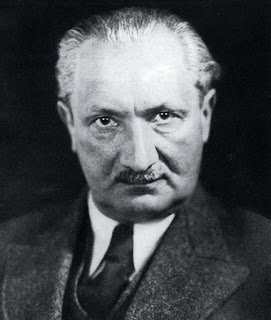The Open Philosophy
Here are two ideals of openness in inquiry, both of which are independently attractive on both ethical and epistemic grounds. Per the first ideal, call it openness-to-challenge, scholars are such that their pronouncements are as falsifiable as possible; as much as can be facilitated the scholar renders themselves capable of being shown wrong, if indeed they are. The goal here is to avoid gurus and unchallengable experts. The power to have people believe what one says, especially where that is likely to guide policy and action, is, after all, a very significant source of cultural power. Epistemically, falsification is attractive for all the reasons you would guess it is attractive: it helps ensure we can set ourselves aright where we go wrong, and makes debate between opposing viewpoints more liable to end in fruitful resolution. Ethically, the significance of this ideal is grounded in the fact that epistemic power is no small thing. We should like it to be the case that if somebody g...






